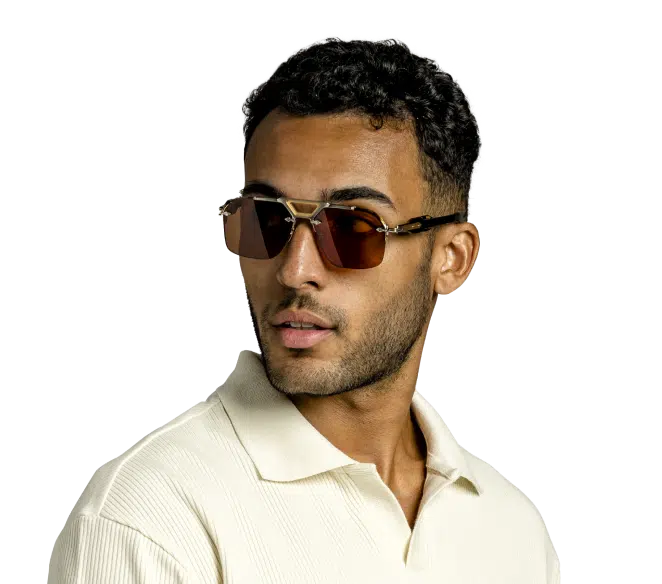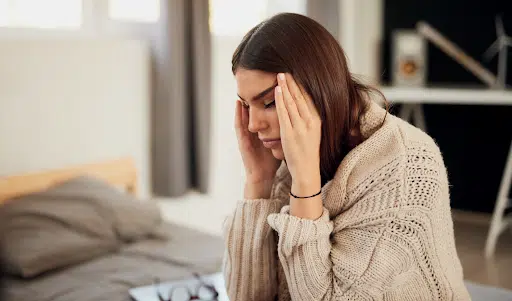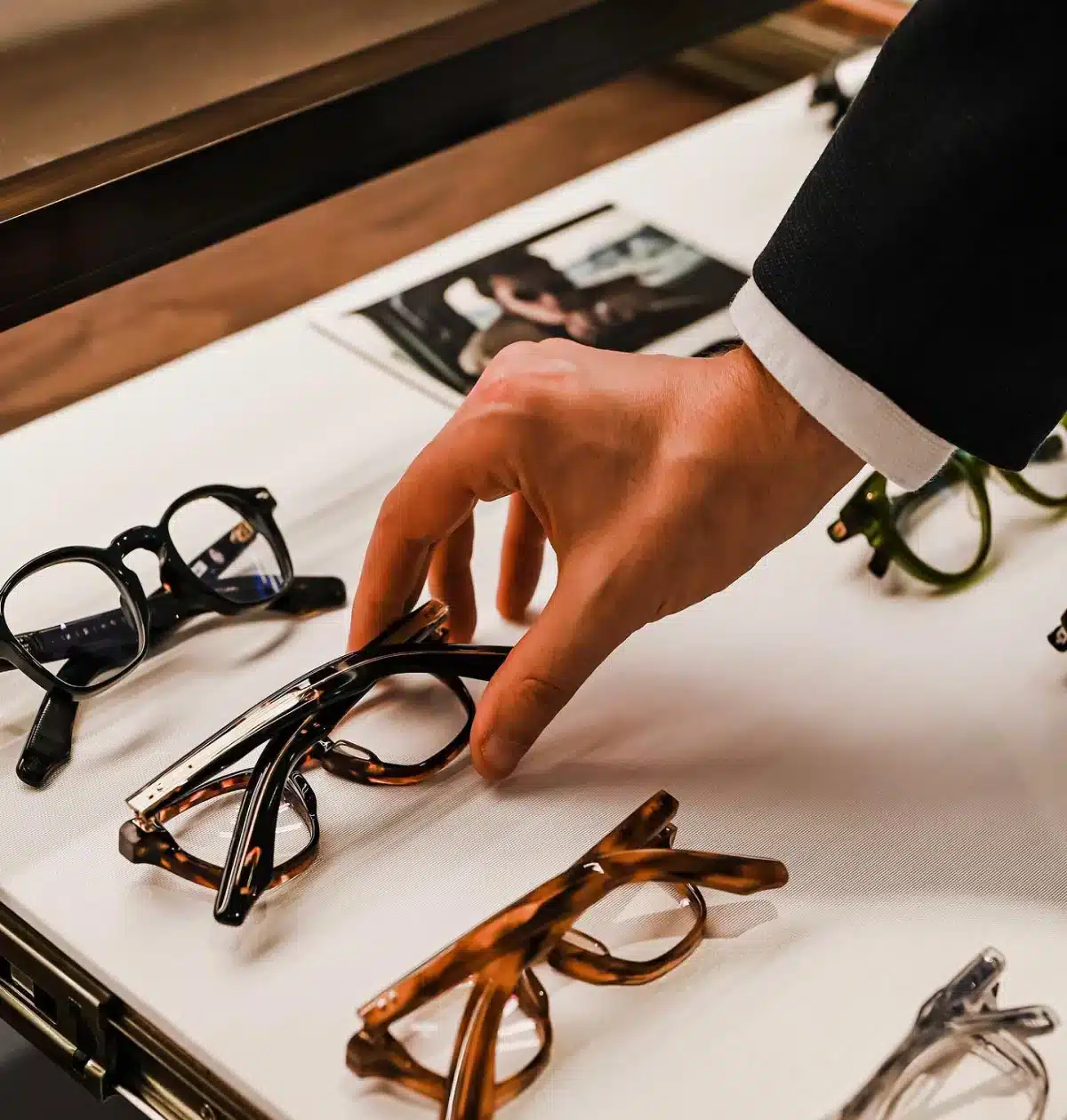Blue light is a color in the visible light spectrum that human eyes can see. It naturally comes from the sun, and it’s also emitted by digital screens. Thus, it can impact you both positively and negatively.
With the advance of technology, the use of digital screens has increased, and with it so has the exposure to blue light. Nowadays, digital screens are used for many things, such as watching movies, grocery shopping, planning out the day, and more. Unfortunately, this constant use of smartphones, tablets, and laptops causes thousands of individuals to experience what is known as “digital eye strain.”
Digital eye strain causes eye dryness, redness, and itchiness. This discomfort has forced many people to resort to the daily use of eyedrops and blue-light-blocking glasses.
There’s been much talk about the effects of blue light, but is it responsible for this new ailment called digital eye strain? This is one of the many questions that researchers and professionals ask themselves.
Edward Beiner, Eyes Forward, is committed to providing the best possible quality eyewear and eye care and has taken the initiative to answer the frequently asked questions about the topic.
Frequently asked questions about blue light
Can blue light be good?
Exposure to blue light during the daytime helps maintain a healthy circadian rhythm. This means blue light is a component that influences the body’s natural wake and sleep cycle. Additionally, it improves alertness, helps cognitive function, and elevates mood.
Can blue light be harmful?
Too much exposure to blue light late at night through smartphones, tablets, and computers causes sleeping problems and daytime tiredness. Some of the most common long-term effects include:
- Headaches
- Sensitivity to light
- Sore neck or shoulders
- Blurred vision
- Poor sleep
How does blue light affect your sleep?
Exposure to light suppresses the secretion of melatonin, a hormone that influences the circadian rhythm. Even the dim light of a table lamp can interfere with a person’s melatonin secretion, notes Stephen Lockley, a Harvard sleep researcher (2). Light at night is part of the reason so many people don’t get enough sleep, says Lockley, and researchers have linked short sleep to increased risk for depression, as well as diabetes and cardiovascular problems.
But does blue light cause digital eye strain?
Mark Rosenfield (3), a vision researcher, says in his interview with NPR: “It’s not so much the screens themselves but rather the way people use them. They tend to hold them at pretty close distances, especially smartphones. We found that people held them sometimes as close as 8 to 9 inches away, whereas printed material is typically held around 16 inches away. People also tend to look at these screens for very long periods without taking any breaks.”
What can you do to minimize digital eye strain?
Independent eye doctor Kristen Firestone recommends “taking breaks. Implement the 20, 20, 20 rule. Every 20 minutes, look at something at least 20 feet for at least 20 seconds.”
Furthermore, Rosenfield states, “Try and increase the viewing distance, especially with a handheld device like a phone or a tablet. Don’t hold it so close because the closer you hold something, the harder the eyes have to work to focus. So we recommend the device should never be less than 16 inches away (3).”
Looking at screens at a distance will help avoid eye dryness and itchiness, but what habits can we adopt to prevent blue light from affecting our sleep schedule?
How can you decrease your exposure to blue light?
You can’t avoid blue light altogether, but here is a list of tips that can limit your exposure.
- Use screen filters to lower blue light exposure
- Swap your night light for dim red lights
- Avoid bright screens two to three hours before bed
- Expose yourself to lots of bright light during the day
- Avoid using digital devices in the dark
- Turn on “night mode” on tablets, laptops, and smartphones.
How about blue-light-blocking glasses?
According to Dr. Firestone, “while some scientists suggest that it might help prevent potentially harmful wavelengths to the cornea, lens, and retina, there is no definitive study that can say this with 100% confidence. But they can, however, help with regulating circadian rhythm.”
“Personally, I do like wearing blue light protection over my contacts as I feel that my eyes are more relaxed after looking at the computer for hours. So from that personal experience, I do recommend it.”
The truth about blue light is that it’s good for you, but only during the day. Unfortunately, staying away from screens at night can be a challenge. If you don’t already own protective eyewear, Edward Beiner offers good quality anti-reflective coating for both sunglasses and glasses. AR coating your lenses can help minimize the glare from intensive light sources. Of course, if you want extra protection, you can always try blue-light-blocking glasses.
For more information, visit your nearest Edward Beiner location, and our knowledgeable opticians will be happy to answer the rest of your questions. If you’re outside of South Florida, leave a comment below, and we’ll get back to you shortly!









